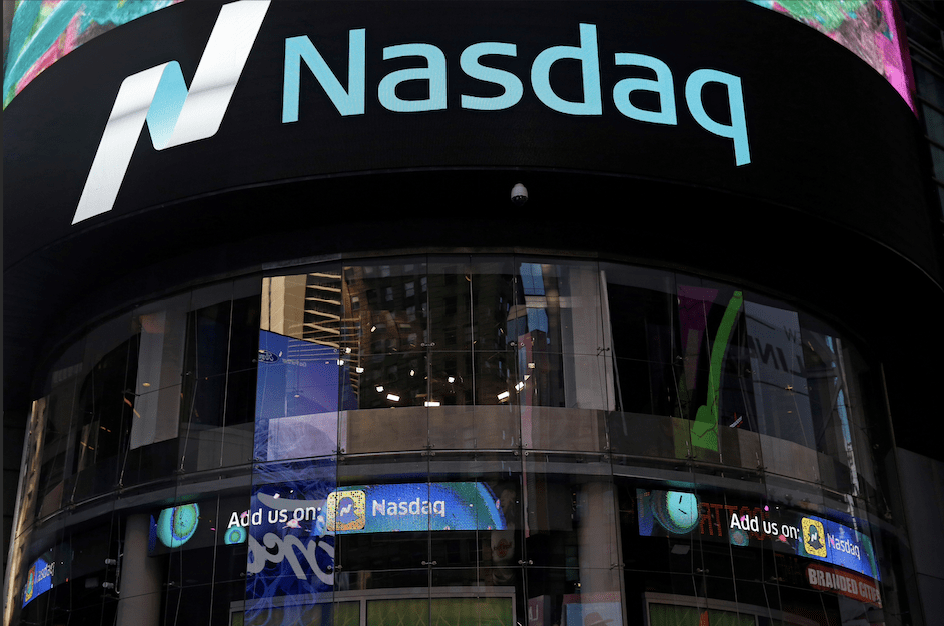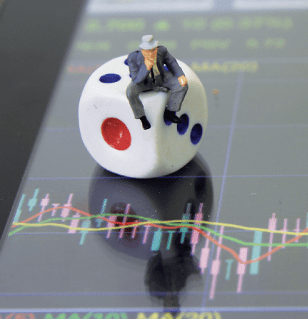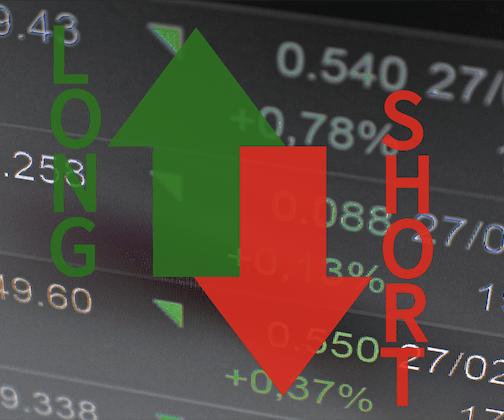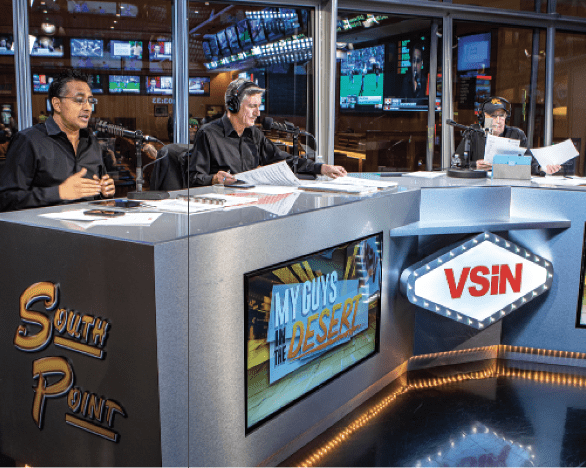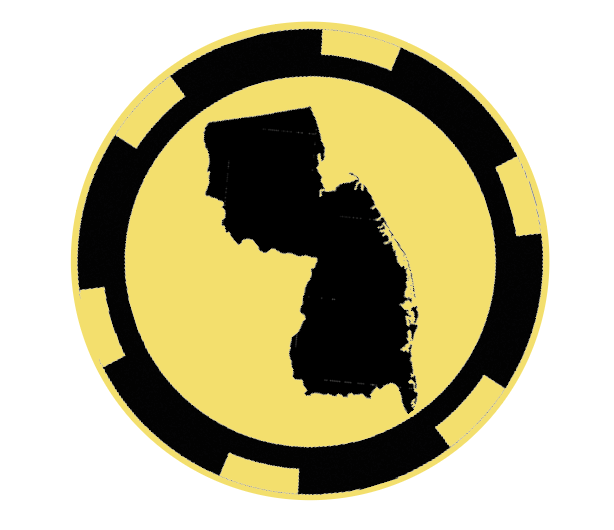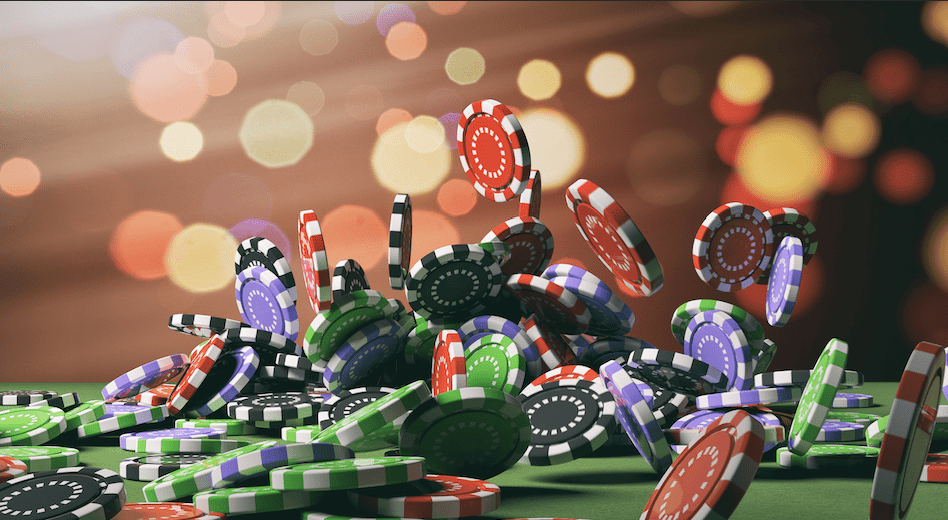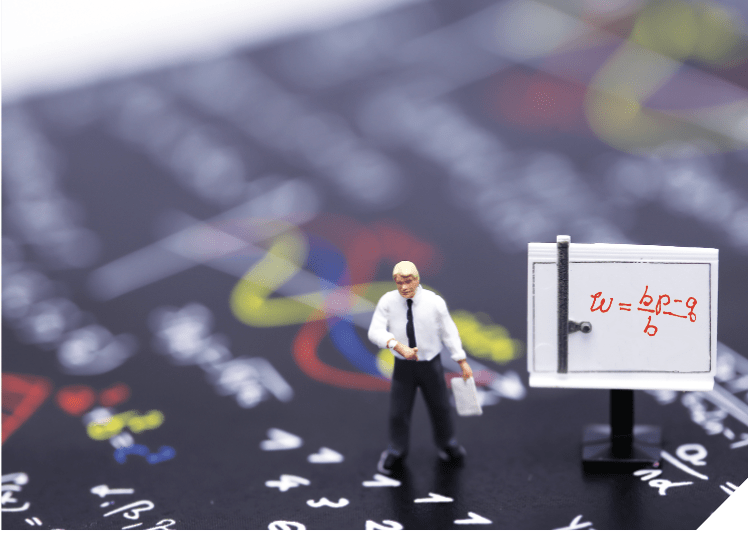Luckbox Leans in with Annie Duke
Annie Duke on trading, bet-sizing, prospect theory, outcome bias and quitting
This conversation was edited lightly for style and brevity.
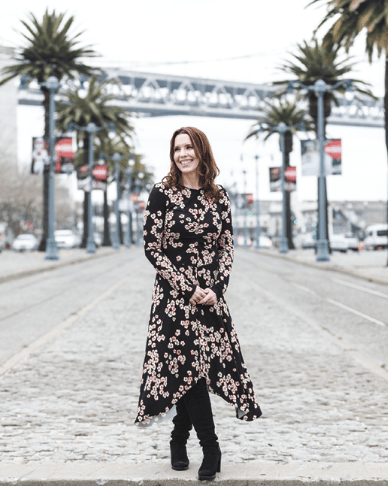
You’ve pivoted from professional poker to teaching and giving talks on the behavioral psychology of
decision-making. How did that shift occur?
People have used that word “pivot” in relation to me quite a bit. I’m going to use the word “quit.” I quit things all the time. “Pivot” is a euphemism because we think that quitting is negative. Quitting is a very necessary part of poker. People talk about aggression as being a defining difference between great poker players and average ones. But the big defining difference is actually quitting behavior.
Do professional poker players quit more often than amateurs?
Amateur poker players play over 50% of the two-card (hole) combinations they’re dealt, while great players play between 15% and 25%. So what that means is that the pros are quitting a lot more early and a lot more often. I’m very happy to say that I’ve quit many things in my life.
Some people must be better than others at quitting.
One of the principles of being a great quitter is to understand that you always want to be exploring, not just exploiting. This is “exploit” in the game theory way, or the “algorithms to live by” way. It means you’ve got a good thing going and so you do it. But it’s really important to have other lines of inquiry open during your life. So what looks like a lot of quitting behavior is actually elevating certain things that I was exploring and deprivileging things that I had been exploiting. I’m moving between threads that I always have open.
Do you lose something when you quit?
The good news is you can go back to things that you quit, which is nice. I started off as an academic, which is where I’ve now ended up again.
And you were playing poker in the interim?
I did five years of Ph.D. work at Penn. And during the last couple of years there I played a little bit of poker that was exploratory. I was playing it with my brother, Howard Lederer, who was a world champion in his own right. It was kind of fun. He would take me out on vacations, and I would sometimes sit behind him or play a little bit myself.
Then at the end of graduate school I got sick, which forced me to take time off. During that year, I started playing poker and just really, really loved it. So I left academics.
The public identifies you with poker.
The amount of time that I was exclusively playing poker was actually only eight years. It’s not something people know because my public-facing self was as a poker player.
How did you move on from poker to become an educator and consultant on cognitive behavior and risk-taking?
In 2002, I was asked by a hedge fund to speak to their options traders about how poker might inform their thinking about risk. What I had been studying in graduate school was learning under conditions of uncertainty.
So, I didn’t talk about risk management in terms of the Kelly criterion (see p. 22) or anything like that.
I talked about the way that the path you’re on with losses and gains can distort your risk attitudes.
Tell us about your writing career.
In 2012, I quit poker to focus on cognitive science full time. I’d written some books on poker, but I really, really wanted to write the books that I eventually wrote. I thought I had one book in me, but after writing Thinking in Bets I went on to write How to Decide. Now, I’ve got this new book coming out in about a year.
Now you’re in academia.
At Wharton, I co-lead a class with Maurice Schweitzer, and I’m interacting with Barb Mellers and Phil Tetlock, who work there on the Good Judgment Project that identifies and trains Superforecasters (see p. 44). I’ve found the sweet spot for the things that interest me and challenge me to become a more precise and better thinker.
The common element would be better decision-making?
The thread that’s pulling through all of it is decision-making under uncertainty. If there weren’t uncertainty, we wouldn’t have a problem with cognitive bias. If we knew everything for sure, if there were no such thing as subjective judgment, if the world was really, really clear to us, we wouldn’t have these same issues in the same way.
The interaction between the two forms of uncertainty—luck and hidden information—creates a lot of noise and makes it really frustrating to try to get to any kind of good judgment. It’s the kind of problem that you’re living and breathing when you’re playing poker. I like these problems that are intractable, where you peel some stuff off of it but you never really get to the core.
That’s what poker really is. You can get better at it, but you can’t solve the game. It’s just too hard, at least for a human being.
We become very risk-averse when we’re in the gains and very risk-seeking when we’re in the losses.
What would you tell options traders about how poker can help them think better about risks?
There’s deep risk in the way we behave when we feel that we’re in the red. Our risk attitudes change when we put a bunch of money into a house or a bunch of time into a relationship—or even just time standing in line.
If you have a poker player who’s sitting at a table and losing, they won’t stop to go to a dinner date. There’s nothing that will get them out of their seat. If that exact same player is winning and you suggest going out to dinner, it’s like the Flash getting up from the table. What this shows is that your risk attitudes get distorted by the path you’re on.
It’s not about winning or losing over a long period of time. It’s about what has happened to you recently. We become very risk-averse when we’re in the gains and very risk-seeking when we’re in the losses.
That’s not good.
It gets even worse because we will jack up the volatility to a level that would allow us to get even. This is true in options trading, and it’s true in poker. In poker, if I raise then I’m taking a higher volatility line to the hand than if I fold, which brings my volatility to zero. We have a choice about how big we want to bet—how swingy we want to play.
The more hands you play, the more you increase your volatility. So, if we feel like we’ve got a big loss on the books, we will actually start to jack our volatility. If the game we’re playing isn’t big enough because we’re constrained by the size of the bets, we will move to a bigger game to get enough risk that we could theoretically get our money back. And if that isn’t available
to us, then you get people who will go out to the pit, which allows unlimited risk.
Is that prospect theory?
Yes, this is part of prospect theory, and I’ll give you the simple version of it. You owe me $100. Do you want to flip double or nothing? Or, I owe you $100. Do you want to flip double or nothing? Now everybody probably has the intuition that you’re totally flipping when you’re down $100, but you’re not flipping when you’re up.
So I say you’re down $100 and if you flip and lose, you’re going to owe me $220. But if you win, you’ll get to zero. So now you’re paying me $10 for the opportunity to flip, and you’ll say yes. You’ll pay me for the opportunity to take the gamble.
Now, what’s interesting is if I owe you $100, and you ask if I want to flip double or nothing. But it’s a little better than that. If I win, I’ll get to $220. If I lose, I’ll go to zero. People say no. So now you’re paying me $10 not to take the risk. This is incredibly irrational, and it’s what developed into prospect theory.
This happens across different situations—like what are the choices in terms of a play in a football game? How far down are you? Are you throwing some crazy 30-yard passes or are you running the ball? Obviously, those plays have different risks associated with them but also different gains.
How does prospect theory apply to investing?
You should invest every single dollar with a positive expectancy, and I’ve just shown that you won’t do that. You’ll invest in negative expectancy just for this weird accounting of trying to get short-term even. This is not behavior that we’d like to see, but we see it all the time. And so the very first talk that I ever gave was on that topic.
You’ve said that people tend to consider decisions good if they work and bad if they don’t work.
We have this intuition that we learn from experience. It’s how you figure out not to touch a hot stove. Oh, that burns!
The problem is that when we’re deciding under uncertainty, it’s difficult to look back and try to figure out why something happened. Was it mainly because of skill—in other words, because of a decision we made? Or was it mainly due to things that were outside of our control, which could be information that was unknowable to us or just plain bad luck? Or just plain good luck, depending upon the outcome. The problem is that when we look back, our decisions aren’t transparent.
When we are changing behavior based on results, it’s called “resulting.” In the cognitive literature it’s called “outcome bias,” but I like “resulting” better because it’s a more intuitive name. If I know how a situation turned out—because I can see that very clearly—I can judge the quality of the outcome. And then you substitute the quality of the outcome for the quality of the decision itself.
But to really understand the quality of a decision, we need to be thinking about a lot of math. We need to know some base rates for one thing, so that we can understand the probability of the different branches of a decision tree.
Do investors need to understand base rates?
Most people probably aren’t going to use the term “base rates,” but they could say how often a ball gets intercepted in a particular situation. We all feel it was a terrible call when it’s intercepted. And we all know it was a great call when it’s a game-winning touchdown. And we think nothing of it when it’s just incomplete.
This is a problem we have as decision-makers. We’re using the one iteration to determine the quality of a decision. It’s a very bad substitution that we make. In fact, it’s the worst cognitive error we make as human beings because it prevents us from learning.
Annie Duke won the 2004 World Series of Poker Tournament of Champions and emerged victorious at the National Heads-Up Poker Championship in 2010. She’s written instructional books for poker players and two books on decision-making. She’s been a repeat guest on the Investor Hour podcast and teaches at the University of Pennsylvania’s Wharton School.
